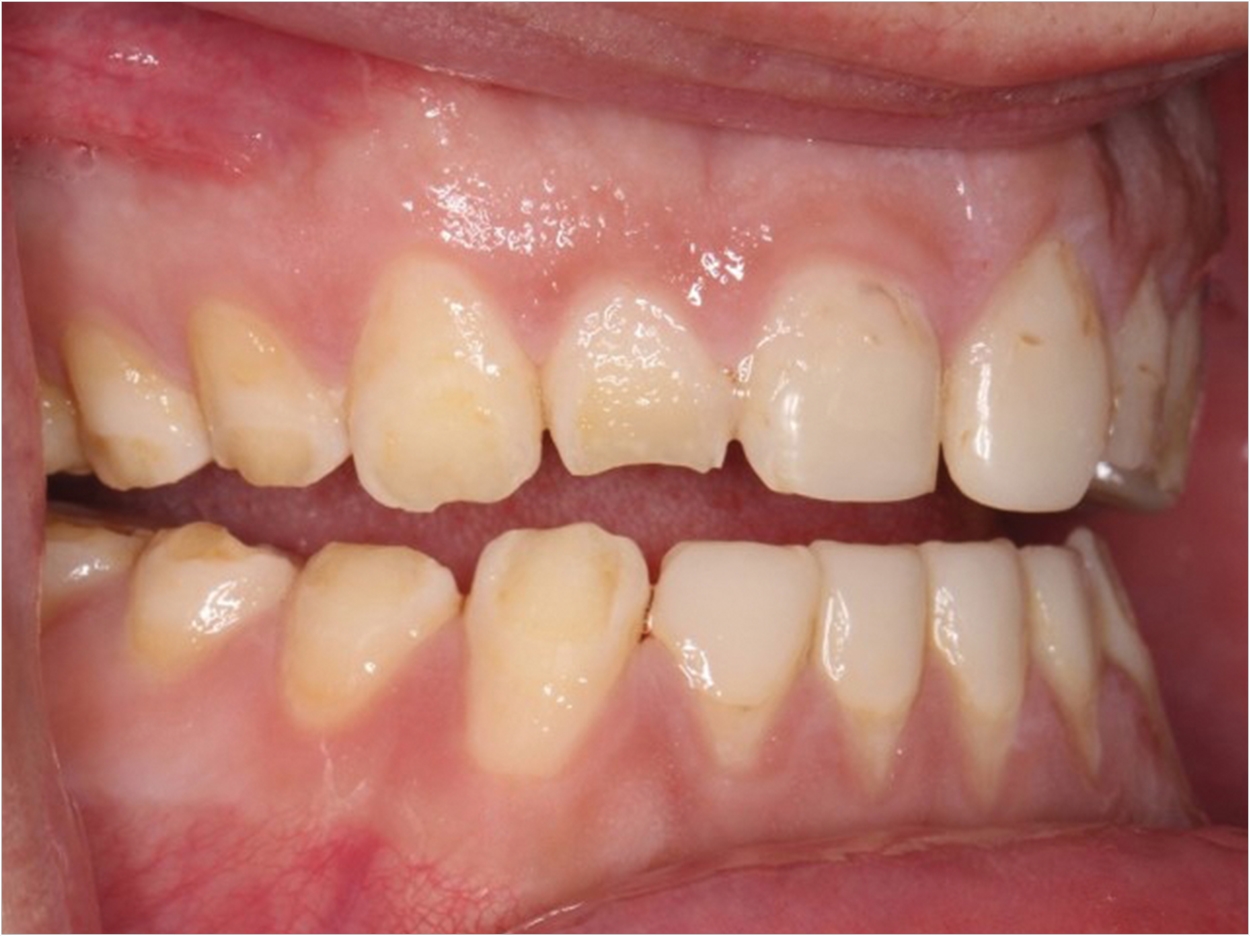
Matrix metalloproteinase-20 (MMP20) is an enzyme encoded by the MMP20 gene in humans. MMP20 expression is restricted to teeth. Its malfunction causes amelogenesis imperfecta, a disorder of tooth development that causes teeth to be unusually small, discolored, pitted, or grooved and prone to rapid wear and breakage.
John Bartlett, PhD, and his colleagues at the Ohio State University College of Dentistry are studying whether MMP20 is capable of cleaving basement membrane proteins and if its temporal expression pattern is consistent with degradation of the basement membrane. Bartlett is associate dean for research at the school.
Previous studies have demonstrated that MMP20 cleaves type IV collagen, laminin-111, and lamining-332. But the researchers’ recent work shows that MMP20 also cleaves perlecan (HSPG2). They also performed in situ hybridization to identify when and where MMP20 is expressed along the continuously erupting incisor.
The results showed that MMP20 expression was restricted to ameloblasts of the enamel organ and odontoblast of the pulp organ. Also, the researchers found that MMP20 is expressed prior to basement membrane degradation.
The basement membrane persisted in mice that had their tissue lining destroyed, but was degraded prematurely in MMP20 overexpressing mice. Thus, the researchers concluded, MMP20 likely initiates enamel formation beginning with degradation of the basement membrane.
The study, “MMP20 May Initiate Enamel Formation via Basement Membrane Degradation,” was presented on July 25 at the 96th General Session of the International Association for Dental Research in London.
Related Articles
Treating the Amelogenesis Imperfecta Patient
Grant Awarded to Study Calcium Control in Dental Enamel
East Asian Dental Differences Traced to Gene Cluster












